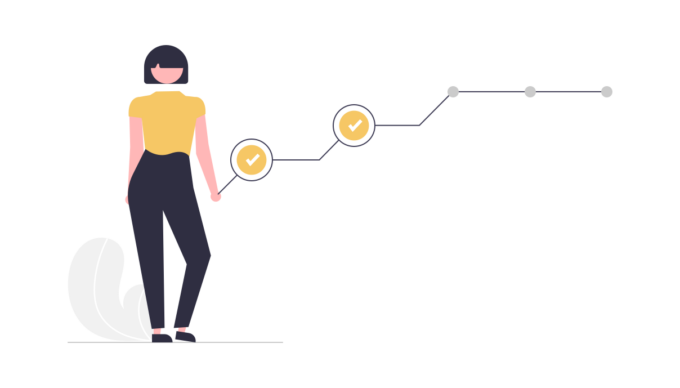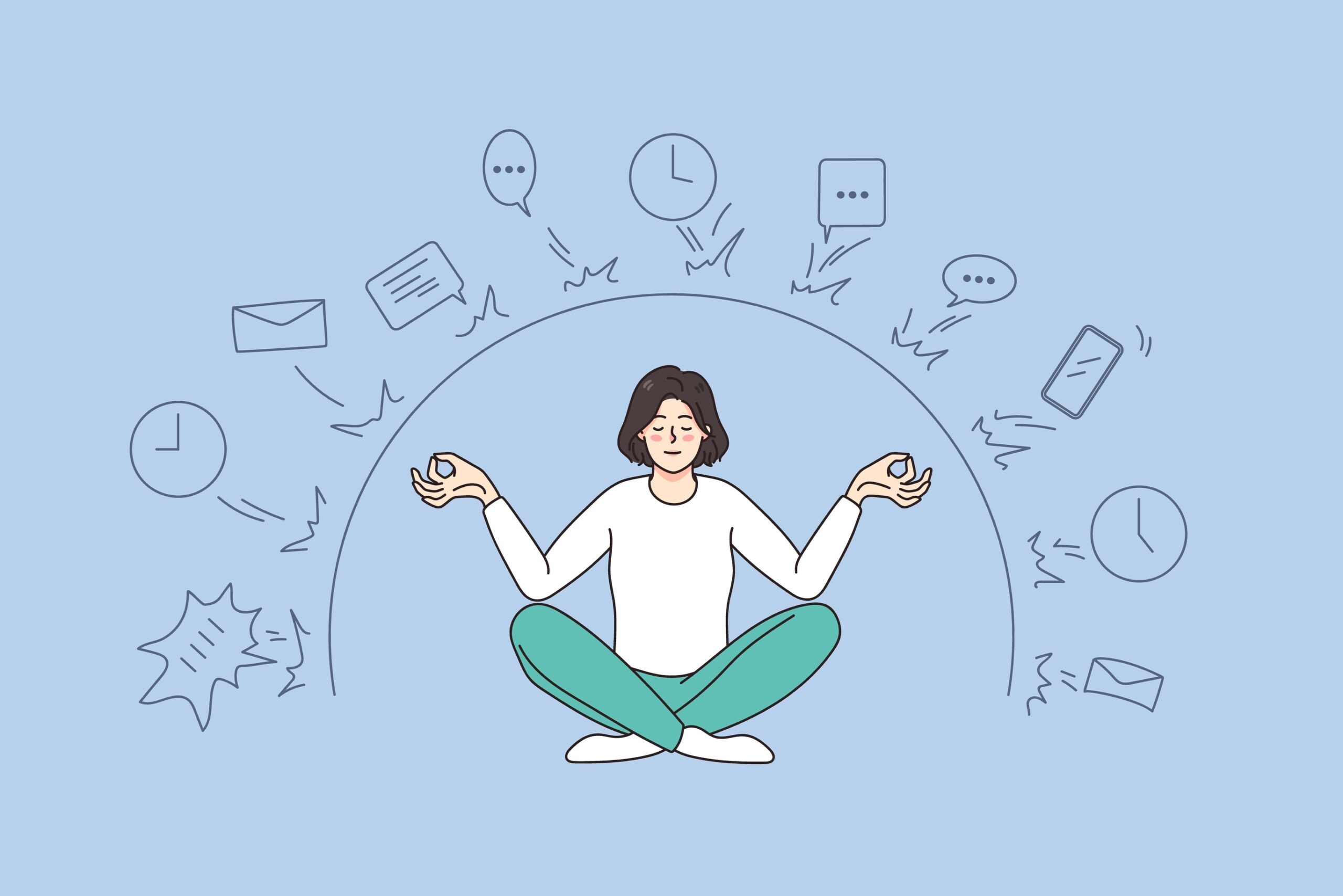Mindfulness is a popular topic these days, and for a good reason – it’s a powerful tool for improving your mental health and well-being. When it comes to working, being mindful can help you stay focused, motivated, and engaged, leading to greater productivity and better performance. In this article, we’ll explore strategies for cultivating mindful work habits that will help you achieve your goals and find more meaning in your work.
Start with a clear intention

The first step in cultivating mindful work habits is to start with a clear intention. Setting a goal or objective for what you want to achieve in your work is crucial for success. Research shows that individuals who set clear goals are more likely to achieve them than those who do not. So take some time to think about what you want to achieve in your work. Maybe you want to complete a specific task or project, or perhaps you want to improve your overall performance or develop a new skill.
Once you have a clear intention, breaking it down into smaller, achievable goals is essential. For example, if you intend to improve your overall performance, you could set a goal to complete a certain number of tasks each day or week. Or, if you want to develop a new skill, you could set a goal to attend a certain number of training sessions or workshops.
In addition to setting goals, it’s also important to reflect regularly on your progress. This will help you stay motivated and on track. You can do this by keeping a journal or using a goal-tracking app. Take time each day or week to review your progress and celebrate your successes.
Practice single-tasking

One of mindfulness’s key principles is focusing your attention on one thing at a time. In today’s fast-paced world, where people are constantly bombarded with endless tasks, emails, and notifications, it is easy to become overwhelmed and distracted. However, research has shown that multitasking can actually reduce productivity and increase stress levels, making it more challenging to complete tasks efficiently. Therefore, it is essential to develop the habit of focusing on one task at a time, giving it your full attention, and being present in the moment. This can help you stay engaged and productive, leading to greater efficiency and effectiveness in your personal and professional life.
Take regular breaks

Another important aspect of mindful work habits is taking regular breaks. Taking short breaks throughout the day can be beneficial in many ways. Firstly, taking breaks can help improve focus, creativity, and productivity. This is because breaks allow your brain to rest and recharge, which can help you stay alert and energized throughout the day.
Secondly, taking breaks can help prevent burnout – a state of emotional, physical, and mental exhaustion caused by prolonged stress. Burnout can lead to a decrease in productivity and motivation and an increase in absenteeism and turnover rates.
Lastly, taking breaks can also provide an opportunity for socialization and connection with colleagues, which can help reduce feelings of isolation and increase job satisfaction. So, make sure to take a few minutes every hour or so to stretch, walk around, or simply breathe deeply and relax. Doing so can positively impact your physical and mental well-being, as well as your overall productivity and job satisfaction.
Create a peaceful workspace

Your work environment can significantly impact your mood, focus, and productivity. An effective way to cultivate mindful work habits is by creating a workspace that promotes calmness and clarity. You can start by decluttering your desk and removing unnecessary items to achieve this. This will create more space and give you a clearer mind to focus on your work.
Adding plants or other natural elements to your workspace can also positively impact your well-being. Not only do they add a touch of greenery to your space, but they also help purify the air and reduce stress levels. Additionally, incorporating soothing colors and lighting can create a peaceful ambiance that can help you stay focused and engaged in your work.
A lesser-known way to cleanse your workspace is by using natural crystals. These crystals come in various shapes and sizes and can add a touch of elegance to your workspace. For instance, Rose Quartz can promote love and harmony, while Amethyst can help reduce stress and anxiety. There are many online shops where you can easily get natural crystals for mindful living.
By implementing these simple yet effective tips, you can create a workspace that supports your well-being and helps you stay focused and productive.
Practice self-compassion

Finally, it’s important to practice self-compassion when cultivating mindful work habits. This means treating yourself with kindness and understanding, even when you make mistakes or face challenges. Research has shown that self-compassion can help reduce stress and anxiety, increase resilience, and improve overall well-being. So, if you’re feeling overwhelmed or stressed at work, take a moment to practice self-compassion and remind yourself that you’re doing the best you can.
Additionally, it’s worth noting that self-compassion can be particularly beneficial in high-pressure work environments where mistakes and setbacks are common. Being kind to yourself and acknowledging your efforts can help build resilience and prevent burnout. So, even if you feel like you’re struggling at work, remember to practice self-compassion and give yourself the credit you deserve.
While mindfulness may seem like a new-age concept, it’s actually rooted in ancient wisdom and has been scientifically proven to improve mental health and well-being. By cultivating mindful work habits, you can increase focus, productivity, and satisfaction while reducing stress and anxiety. So, whether you’re looking to improve your performance at work or simply find more meaning in your work, mindfulness can be a powerful tool to help you achieve your goals and live a more fulfilling life.









